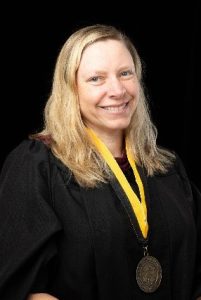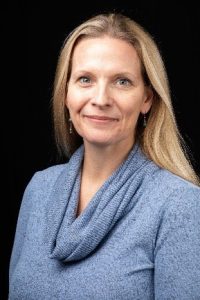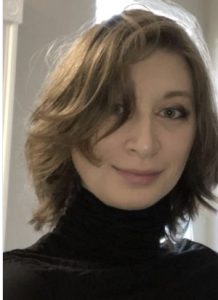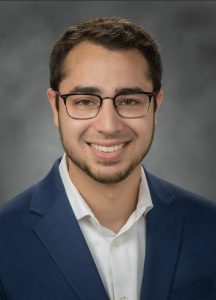No Events on The List at This Time
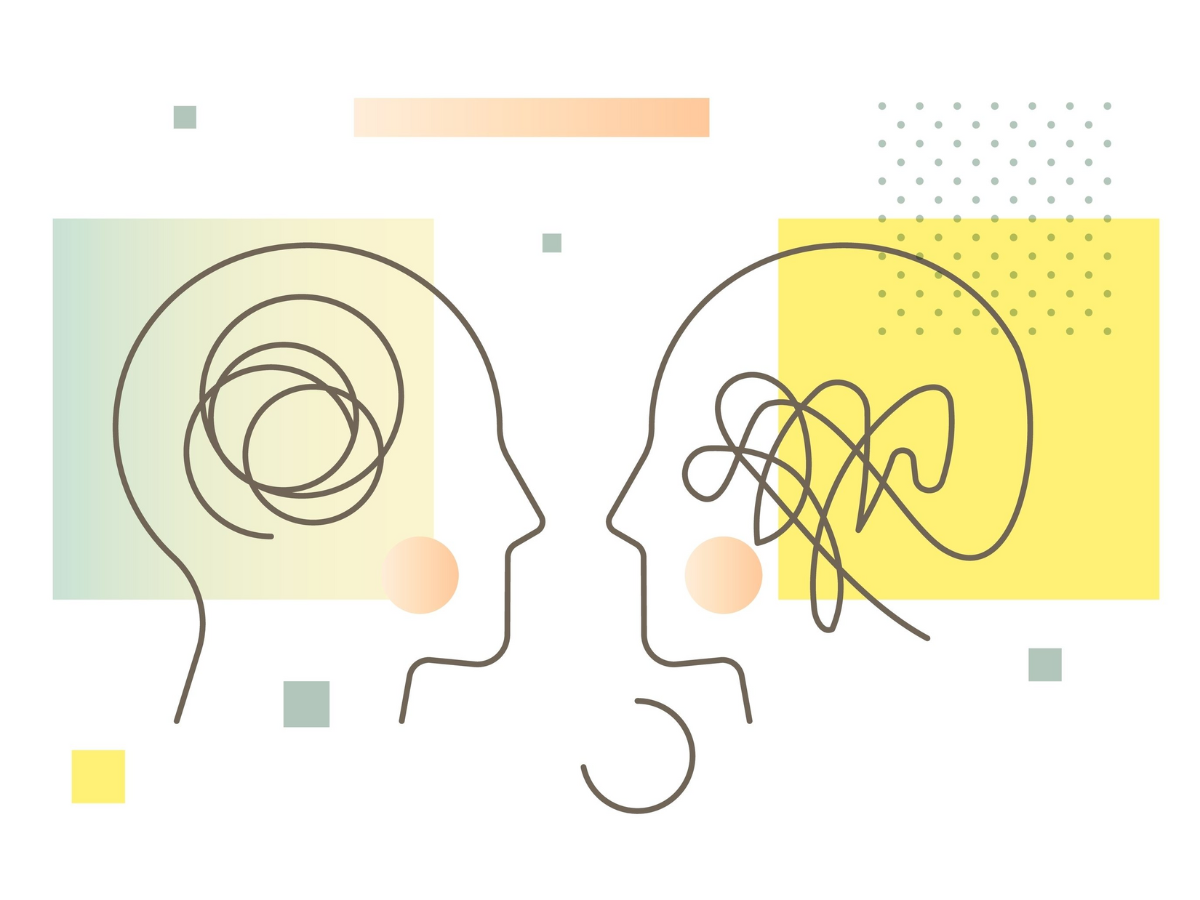
Event Details
When: Friday & Saturday, July 12 & 13 2024 | 09:00-17:00 Where: 7th Level Auditorium, The American College of Greece, 6 Gravias Str., Aghia Paraskevi Campus About the Event Get ready for two
Event Details
When: Friday & Saturday, July 12 & 13 2024 | 09:00-17:00
Where: 7th Level Auditorium, The American College of Greece, 6 Gravias Str., Aghia Paraskevi Campus
About the Event
Get ready for two days of unique Counselor MakerSpace opportunities!
This Learning Institute will take a shift from our past Learning Institutes. We are creating a MakerSpace for you to be able to bring your ideas, questions, and challenges with you and walk away with support to implement your new ideas specific to your setting with our guided topics! Our speakers have been chosen based on feedback from our members and their ability to help you craft your knowledge and meet your setting’s needs.
DAY 1: You and your colleagues from across Europe, the U.S., and more with discuss how to create social-emotional supportive school environments, and how to enhance sexual violence prevention in your community and schools.
DAY 2 (am): Choose Your Adventure!
You can choose to take a deep dive into Universal Design for Learning (UDL) and how this can be a game changer at your school or university setting OR if you are thinking about relocating to Europe (specifically Greece) come with your list of questions and ideas to participate in: “It’s All Greek to Me” where presenters will discuss working in Greece as clinicians, school counselors, and in private practice and have our speakers help you understand what you need to become a counselor or counselor educator in Greece.
DAY 2 (pm): You will then have the choice to choose between learning how you can support your school or clients who have been impacted by secondary trauma and learn about what selfcare you may need OR for those who are interested in creating a counseling clinic in a very modern way you will find our speakers will help you with that process.
Bring your thoughts, half-baked ideas, and/or partial paperwork of what you would like to work on and our speakers will work with you to personalize your experiences to take back to your setting!
Registration is required. To register, please send an email at [email protected].
Day 1
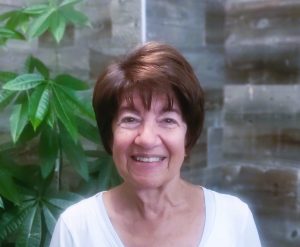
Carol Dahir
Title: Creating Social-Emotional Supportive School Environments
Session 1
09:00-10:50 (or 8:50 to 10:50)
Session description:
Now more than ever before students need mental health support in school to address stress, trauma, and feelings of insecurity. Recent data shows adolescent mental health has worsened during and since the pandemic and this reinforces the important role schools play in promoting mental health and well-being (CDC, 2023). Children, youth, and teens face an increase in anxiety and insecurity which may be attributed to issues such as social media dependency, exposure to world-wide violence, and upticks in bullying. Schools and school counselors increasingly need to identify and respond to student social/emotional development and mental health issues. Students in International and DoD school may be seeking a place to belong as oftentimes their families move frequently. For children and youth, mental health also includes reaching developmental and emotional milestones, and acquiring learning skills to cope with challenges and function well at home, school, and in their communities. Mental health is a component of behavioral health, which also includes choices or actions that affect overall wellness. Social-emotional learning (SEL), as a component of comprehensive school counseling programs, include universal interventions for every student to help them process their experience, promote resilience to adversity and help our students and families’ cope. This session also will incorporate transformative social and emotional learning which focuses specifically on advancing equity among all students and addressing inequity (e.g., how issues of race, class, and culture influence society). Building a successful SEL program involves engaging administrators, teachers, and school staff in a collaborative developmental process and can become a key asset in the mental health climate and culture in your school community.
Learning Objectives
Participants will:
● Examine current challenges to students’ feeling safe and secure in our schools.
● Explore how social/emotional learning contributes to a positive learning environment.
● Recognize factors in the school environment, school climate, and school culture that influence and impact students’ success.
● Identify the steps necessary to incorporate social/emotional learning as an integral component of the comprehensive school counseling program.
● Problem solve your school’s needs through discussion of case studies.
● Exploring the link between SEL and sexual violence prevention.
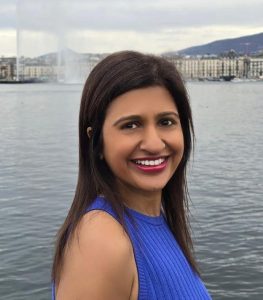
Pritha Mani
Title: It’s On US! Sexual Violence Prevention
Session 2
11:10-13:00 (11:10-13:10pm)
Session description:
Sexual violence as defined by WHO refers to “any sexual act, attempt to obtain a sexual act, unwanted sexual comments or advances, or acts to traffic, or otherwise directed, against a person’s sexuality using coercion, by any person regardless of their relationship to the victim, in any setting, including but not limited to home and work” (WHO, 2021). Violence against women and children permeates all societies and crosses boundaries of race, religion, and cultures. The effects of sexual violence are extensive and long lasting impacting the whole community. An individual’s psychological/socio-emotional and their academic performance do not exist in isolation from each other and cannot be treated as such. The rise in sexual violence in schools is very worrisome indeed and needs to be viewed as an epidemic that necessitates immediate action. This workshop aims to address the urgent need for effective prevention strategies and interventions to combat sexual violence in educational settings. It will provide participants with a comprehensive understanding of the prevalence of sexual violence in schools and its impact on a students’ physical, psychological and emotional well-being. Participants learning, will equip students with the skills needed to help peers who may be survivors of sexual violence and promote an environment that is safe and supportive.
In addition, this session will provide counsellors with practical guidance on how to respond to the disclosure of sexual violence, ensuring that they are aware of legal procedures and pathways to help survivors navigate their traumatic experience.
Finally, the session will emphasise the importance of a collaborative approach when addressing sexual violence which have proven to be successful when there is a collaborative and repetitive effort from all stakeholders including: school counsellors, directors, principals, school staff and teachers in order to create effective policies and procedures that address prevention and support services.
Learning Objectives
● Recognize the signs and symptoms of sexual violence.
● Evaluate personal biases and assumptions related to sexual violence prevention.
● Examine evidence based strategies and interventions for preventing sexual violence in school settings; tailored to the needs of students.
● Identify steps in providing a supportive, trauma-informed response to a disclosure of sexual violence.
● Explore the importance of collaborating with other disciplines, such as psychiatrists social workers, educators, lawyers, doctors in addressing sexual violence.
● Exploring the link between SEL and sexual violence prevention.
Session 3
MakerSpace 14:15-15:15 (2 workshops)
Self-care (combined) 15:15-15:45
Participants will choose one of two MakerSpace workshops:
Building a SEL K-12 School Counseling Curriculum/Program Tool Kit
Supporting Survivors of Sexual Violence: Creating a Tool Kit
Participants in both groups will come together for the last half hour to create a self-care box to support emotional regulation.
Day 2
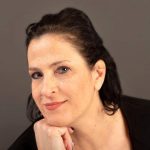
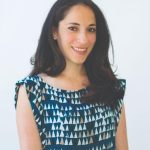
Alessandra Sax-Lane & Dr. Mari Janikian
Title: It’s All Greek to Me
Are you interested in working overseas as a counselor or counselor educator? Specifically, in Greece? We would love to share our experiences and share our journeys with you. The idea of counseling, psychotherapy, and the helping professions can differ based on what country you are considering. Everyone’s journey is different and we would like to share both of ours in hopes that it offers some clarity to navigating establishing yourself in private practice, schools as a counselor, or as a faculty member in Greece. If you have already begun the process in order to work overseas, great! Bring your questions, documents, and most importantly your vision for what that will look like for you!
Learning Objectives
To understand the Greek definitions of what a counselor is (and isn’t!) and who gets to call themselves a counselor.
Greek law, standards, and limitations to what a person can do with an American or otherwise “out of the country” license to practice.
To learn how “community mental health counselors
To support you on your journey to learning our experiences and help get you started with where to begin.
Lillian Nave & Jill Weidknecht Van Horne
Title: Modernizing University Counseling Clinics: Updates, Lessons, and Best Practices through a Global Pandemic
By the end of the workshop, participants will be able to:
● Identify 3 components of UDL.
● Explain that valuing reflection comes from a culturally integrated (as opposed to individuated) perspective.
● Choose interventions in their teaching practice to provide students with multiple means of engagement through self-assessment and reflection.
Rachael Marshall & Michael Levine
Title: Modernizing University Counseling Clinics: Updates, Lessons, and Best Practices through a Global Pandemic
It has been four years since the World Health Organization (WHO) declared the outbreak of COVID-19 a pandemic. The developments spurred by the Global pandemic have increased the need for access to mental health services. As university clinics transitioned to telemental health, this created new obstacles for training and services, however it allowed for new accessible avenues for clients to get healthcare services. Master’s-level students provide services at university clinics, which are offered to the students and the local community at a significantly reduced cost. Presenters will introduce their work from The Center for Counseling and Diagnostic Services (CCDS) Clinic, which offers three distinct services: counseling, psychoeducational assessments, and reading intervention (Ortiz & Levine, 2021). The functional nature of this clinic dedicates time and resources to collaboration across multiple helping professions, including school psychology, counseling, and language and literacy. Participants in this Counseling MakersSpace can work with multiple helpers on how their clinic can transition to telemental health, maintain safety, and continue to transition with community needs. Presenters will provide updates, lessons learned, and ethical considerations for best practice, explicitly addressing client, counselor-in-training, and supervisor experiences through program evaluation. Participants can attend at any level of interest or creation. Presenters will collaborate to personalize and develop a plan for starting, establishing, and updating clinics through the current health, safety, and security developments. The overarching goal is to increase access and decrease barriers to mental health, training, funding and education.
Learning Objectives
By the end of the workshop participants will:
● Understand clinic expansion and examples and apply them to their current clinic development.
● Analyze their clinic development with accessibility standards, ethical practice, and cultural relevance.
● Create an implementation plan for their next steps in clinic development, including client experiences, counselor-in-training supervision, supervisor support, marketing, community immersion, funding, and program evaluation.
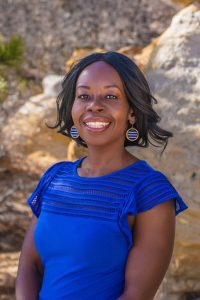
Dr. Juliana Deans
Title: Secondary Trauma and Self-Care During War Times
During war times, it is understandable that anxiety and trauma would arise. It is these times, it is imperative we utilize self-care to help deal with the crisis of war. Practicing self-care is a valuable way to maintain personal well-being amid challenging circumstances. This training will identify five ways to help cope during times of war.
By the end of the training, attendees will learn that self-care includes:
● Maintaining mental well-being
● Preserving physical health
● Having safety and security measures in place
● Seeking emotional support
● Engaging in community
202422Apr18:0020:00Mind Matters: Psychology’s Impact on Health18:00 - 20:00
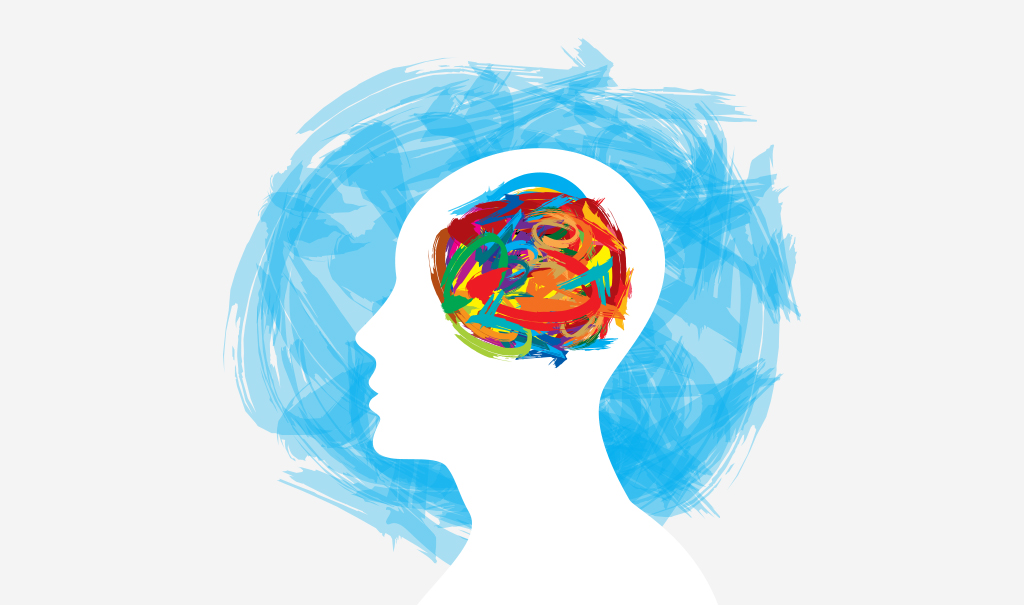
Event Details
When: Monday, April 22 | 18:00 – 20:00 Where: PC Amphitheater About the Event This workshop will explore the important role that clinical health psychology plays in
Event Details
When: Monday, April 22 | 18:00 – 20:00
Where: PC Amphitheater
About the Event
This workshop will explore the important role that clinical health psychology plays in improving overall health and well-being. Clinical health psychologists work as part of a multidisciplinary treatment team to develop interventions aimed at promoting behavior change, improving stress management strategies, and enhancing adherence to medical treatments. By promoting patient education and disease prevention efforts, clinical health psychologists can help patients understand their health conditions and treatment options. This holistic approach considers the mental, emotional, and social aspects of physical health, with the aim of improving patient outcomes and quality of life. The workshop will also cover evidence-based strategies aimed at recognizing developmental considerations, as well as the influence of cultural factors on health beliefs, attitudes, and behaviors.
About the speaker
Teresa L. Collins-Jones, PhD
Associate Dean, College of Professional Psychology, The Chicago School
Dr. Collins-Jones is the Associate Dean of the College of Professional Psychology at The Chicago School. She obtained her Bachelor of Arts in Psychology and Sociology from the University of Missouri-Columbia and her Master of Arts degree in Counseling and Guidance, with a concentration in Marital and Family Therapy, from the University of Missouri-Kansas City. She then completed her PhD in Counseling Psychology at the University of Oklahoma (APA Accredited), with an emphasis in Pediatric Psychology and Clinical Child Psychology. She also participated in an advanced academic training program in child abuse and neglect (Interdisciplinary Training Program in Child Abuse and Neglect (ITP) in the Department of Pediatrics at the University of Oklahoma Health Sciences Center. In addition, Dr. Collins-Jones completed her Predoctoral Internship and Post-Doctoral Fellowship in Pediatric Psychology at the University of Maryland School of Medicine, Division of Behavioral and Developmental Pediatrics (APA Accredited). After completing her post-doctoral fellowship, she served as a National Health Service Corps (loan repayment program) member in frontier Wyoming. Dr. Collins-Jones will earn her Master of Public Health (MPH) with a focus on Health Promotion from the University of Texas Health Science Center at Houston in December 2024.
Over the past 25 years, Dr. Collins-Jones has worked extensively with children and families diagnosed with complex medical conditions and developmental disabilities. She has also served in a diverse array of professional roles, both academic and clinical, including working as a psychologist in a frontier area, as a school psychologist in Utah and Texas, as a clinical supervisor in APA-accredited predoctoral internship sites, and as a faculty member, Department Chair, and Associate Dean for a university. Before joining The Chicago School, Dr. Collins-Jones worked at a local children’s hospital in their Department of Psychology as a pediatric psychologist and Director of Training, where she provided consultation and liaison services through the outpatient clinics and inpatient unit on cases with a wide range of behavioral, medical, and psychological problems. She conducted psychological assessments with children and young adults, provided individual and family outpatient psychotherapy, and offered pain management services to patients who reported significant changes to their level of functioning and quality of life. Dr. Collins-Jones also collaborated with several orthopedic surgeons on research projects that addressed the cognitive, behavioral, and emotional issues of patients with spinal deformities and back pain. She has a strong track record of scholarly activity, having presented at numerous states, national, and international conferences and having her work published in peer-reviewed journals.
Before becoming the Associate Dean of the College of Professional Psychology at The Chicago School, Dr. Collins-Jones was the inaugural Department Chair in Clinical Psychology (PsyD) at The Chicago School-Dallas Campus.
In addition to developing and managing the program, she taught courses in Child and Adolescent Psychopathology, Assessment, Supervision and Consultation, Advanced Behavioral Therapy, Health Psychology, and Pediatric Psychology. In addition to her academic work, Dr. Collins-Jones is active in several professional organizations, including the American Psychological Association, the Texas Psychological Association, and the Collin County Psychological Association. She recently graduated from the American Psychological Association’s Leadership Institute for Women in Psychology (LIWP) program, where she developed a Task Force to improve access to mental health services in North Texas. Dr. Collins-Jones is currently the President of the Collin County Psychological Association (CCPA) and is the Co-Chair of the Texas Psychological Association’s Academic and Higher Education Committee (AHEC).
In addition to her academic work, Dr. Collins-Jones has a private practice specializing in the psychological treatment of children, adolescents, and adults with co-occurring medical diagnoses. She enjoys traveling, yoga, Pilates, and reading in her free time.
202418Apr18:3020:30Current Thinking about Narcissistic Personality18:30 - 20:30
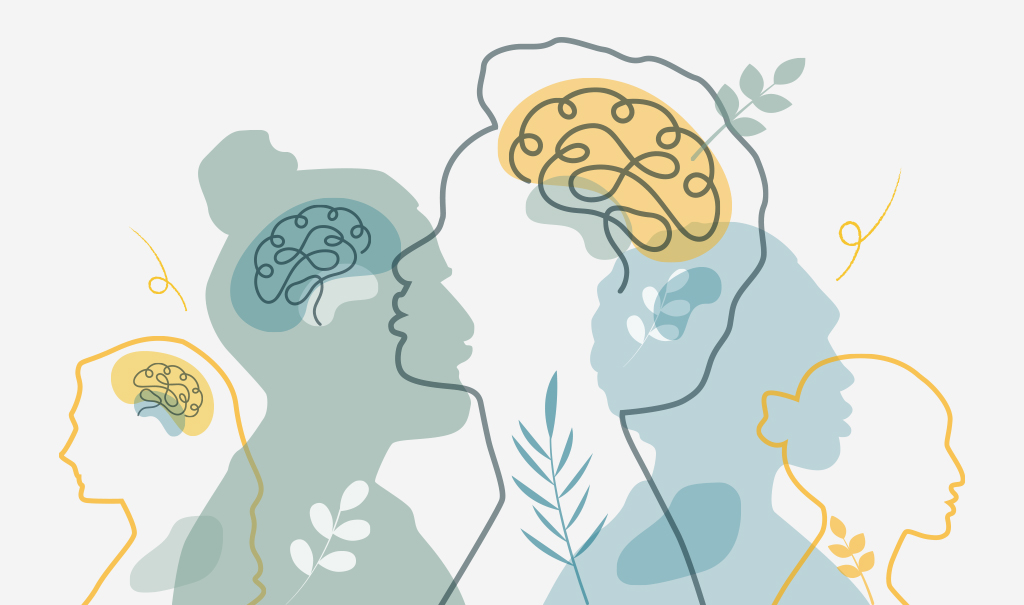
Event Details
When: Thursday, April 18 2024 | 18:30 – 20:30 Where: Pierce Amphitheatre About the Event Clinical experience involving the treatment of patients with co-morbid borderline and narcissistic personality disorders
Event Details
When: Thursday, April 18 2024 | 18:30 – 20:30
Where: Pierce Amphitheatre
About the Event
Clinical experience involving the treatment of patients with co-morbid borderline and narcissistic personality disorders suggests that this patient population is among the more difficult to treat within the personality disorder spectrum.
Data from a randomized control trial comparing three psychotherapies for borderline personality disorder allowed for the study of characteristics of the specific subgroup. Findings from this data analysis were integrated into the work of a study and supervision group on narcissistic disorders at the Personality Studies Institute. Certain modifications of technique have already emerged that focus on the centrality of the grandiose self as a particular psychological structure, its central defensive role, and how best to address this rigid defensive system.
Speaker:
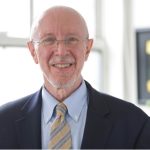
Frank Yeomans, MD, PhD
Clinical Associate Professor of Psychiatry
Director of Training
Personality Disorders Institute
Weill Cornell Medical College
Adjunct Associate Clinical Professor of Psychiatry
Department of Psychiatry
Columbia University Vagelos College of Physicians & Surgeons
President, International Society for TFP
202411Mar14:3016:30Talking about Translanguaging with Ofelia Garcia and Ricardo Otheguy14:30 - 16:30
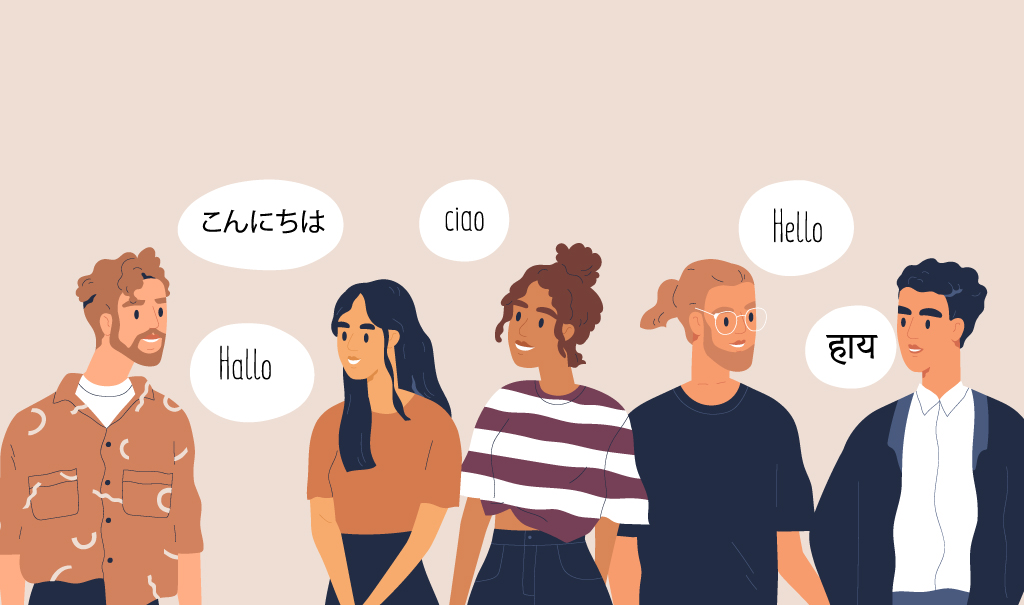
Event Details
When: Monday, March 11 2024 | 14:30 – 16:30 Where: Faculty Lounge at The American College of Greece, Aghia Paraskevi campus Please contact Jane Mandalios [email protected] for further information, and to submit
Event Details
When: Monday, March 11 2024 | 14:30 – 16:30
Where: Faculty Lounge at The American College of Greece, Aghia Paraskevi campus
Please contact Jane Mandalios [email protected] for further information, and to submit your questions for Professors Garcia and Otheguy in advance.
About the Event
The MA TESOL programme at Deree, the American College of Greece is honoured to welcome Ofelia Garcia and Ricardo Otheguy to preside over a forum on translanguaging in language teaching. This informal session will encourage attendees to engage with the speakers on issues relating to translanguaging in the Greek context, and to share their work and ideas on the topic.
Speakers:
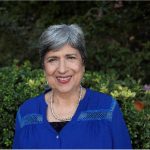
Dr. Ofelia Garcia
Ofelia García is Professor Emerita in the Ph.D. programs in Urban Education and Latin American, Iberian and Latino Cultures at The Graduate Center of the City University of New York. García has published widely in the areas of bilingualism/multilingualism and bilingual education, language education, language policy, and sociology of language. The American Educational Research Association has awarded her two Lifetime Research Achievement Awards ––Distinguished Contributions to Social Contexts in Education (2019) and Bilingual Education (2017), as well as Second Language Acquisition Leadership through Research Award (2019). Among her other honors are the 2017 Charles Ferguson Award in Applied Linguistics and the 2022 ALD (Association of Language Departments) Award for Distinguished Service to the Profession from the Modern Language Association. She has been elected to membership in The Academy of Arts and Sciences (2023) and National Academy of Education (2018). For more, visit www.ofeliagarcia.org.
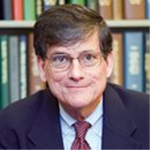
Dr. Ricardo Otheguy
Ricardo Otheguy is Professor Emeritus of Linguistics at the CUNY Graduate Center. His work in theoretical and applied linguistics has appeared in major international journals such as Language, Language in Society, Spanish in Context, Studies in Hispanic and Lusophone Linguistics, the Modern Language Journal, and the Harvard Educational Review. He has given keynote addresses to major international conferences, such as New Ways of Analysing Variation and Asociación de lingüística y filología de América Latina. His publications in theoretical linguistics are in the areas of variationist sociolinguistics, Columbia School linguistics, the Spanish of the United States, and the grammatical consequences of people contact. In applied linguistics, his publications are in the areas of bilingual education and the teaching of Spanish as a home language and as a second or foreign language. He was founding editor of the journal Spanish in Context. He is the author, with Ana Celia Zentella, of Spanish in New York: Language contact, dialectal leveling and structural continuity (Oxford University Press, 2012). Otheguy has developed textbook materials for the teaching of Spanish to Latino students in the United States, including Tu Mundo: Curso para hispanohablantes. He has also written Spanish materials for English-speaking students and is coauthor of the high school Spanish textbook Avancemos.

